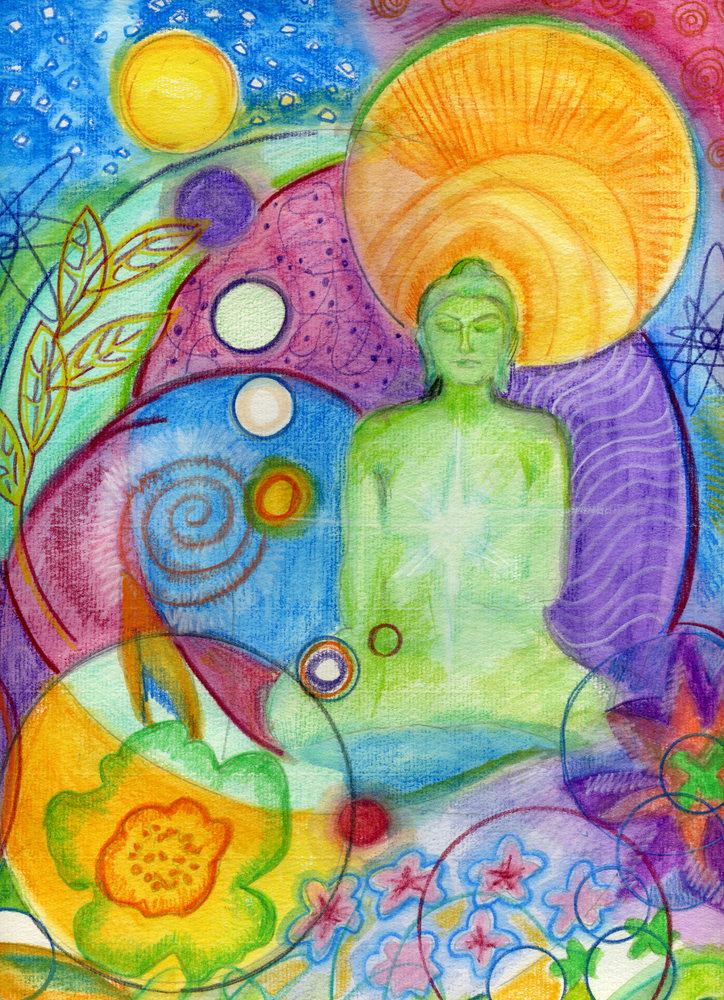Peace of Mind

It is often a huge insight to realize how much control we have over our own thoughts. As Jill Bolte Taylor, author of “My Stroke of Insight,” said in an Oprah interview, “When I find myself thinking a thought that is not helpful, I simply refuse to think it.” She had experienced incredible peace of mind during her left-brain-offline stroke, and was understandably reluctant to give that up. Her challenge was to bring her left brain back online, i.e. recover from the stroke, and still be able to experience that deep sense of peace. In doing so she demonstrated the truth of the wisdom from the Dhammapada:
We are what we think. All that we are arises with our thoughts. With our thoughts, we make the world. Speak or act with a pure mind and heart and happiness will follow you as your shadow, unshakable.
